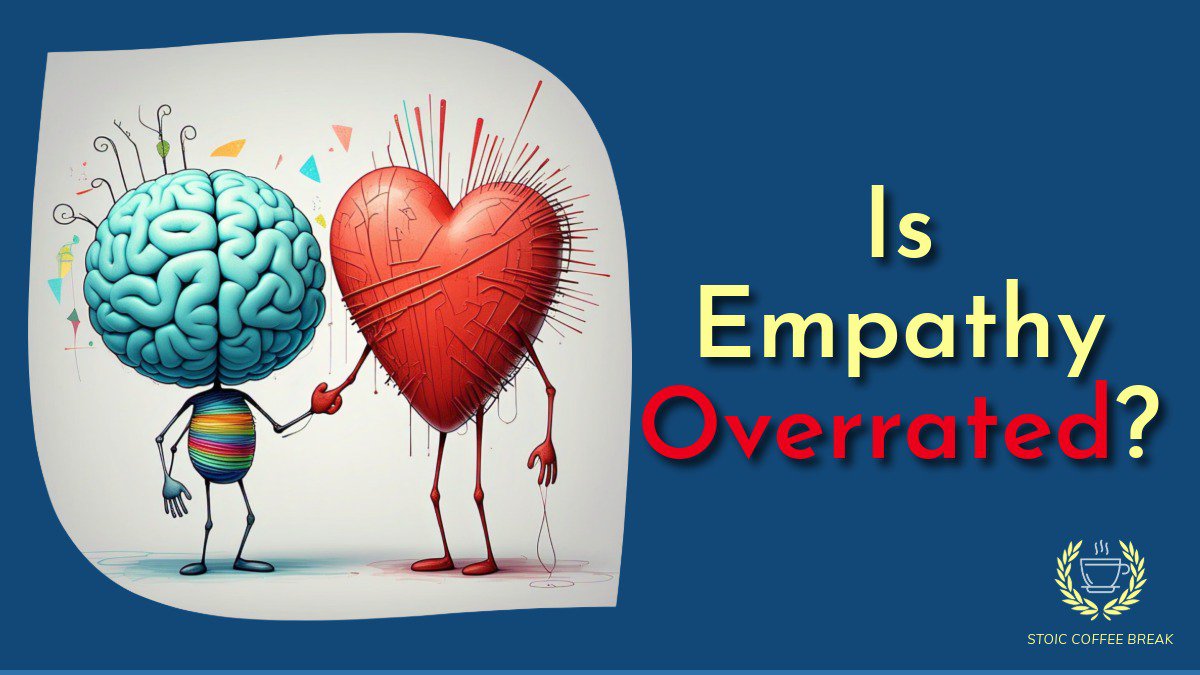Tag: shame
-

337 – Evil Is the Absence of Empathy
“Wherever there is a human being, there is an opportunity for kindness.” —Seneca In an age of outrage, empathy faces scrutiny. Is it a liability or the key to preserving humanity? Dive into the critiques and defenses of empathy, exploring its role in justice and the common good. Discover why we might need a deeper,…
-

270- Benefit of the Doubt
“Everywhere, at each moment, you have the option: to accept this event with humility; to treat this person as they should be treated; to approach this thought with care, so that nothing irrational creeps in.” —Marcus Aurelius Do you give others the benefit of the doubt? Giving people grace can make you happier with yourself.…
-

173 – Change Your Perspective, Change Your World
Change Your Perspective, Change Your World “It is not so much what happens to you as how you think about what happens.” – Epictetus Often times we struggle with our own perspective can color how we view ourselves and our lives. What would it take for you to change your perspective? In todays episode, we…
-

152 – Vulnerability and the Real You
Why is it hard for us to be vulnerable, especially when it comes to those we care about the most? Partners, children, family, close friends – if these are the people we are the closest to why would be afraid to be ourselves around them? In this weeks episode we’ll talk about vulnerability and the…